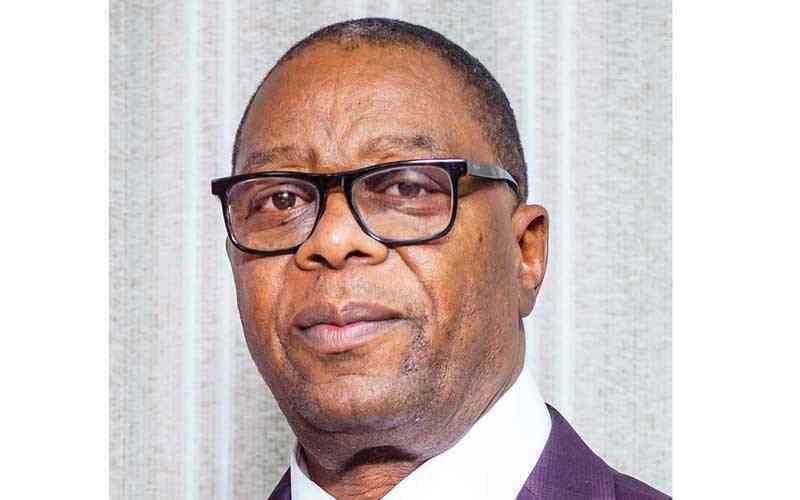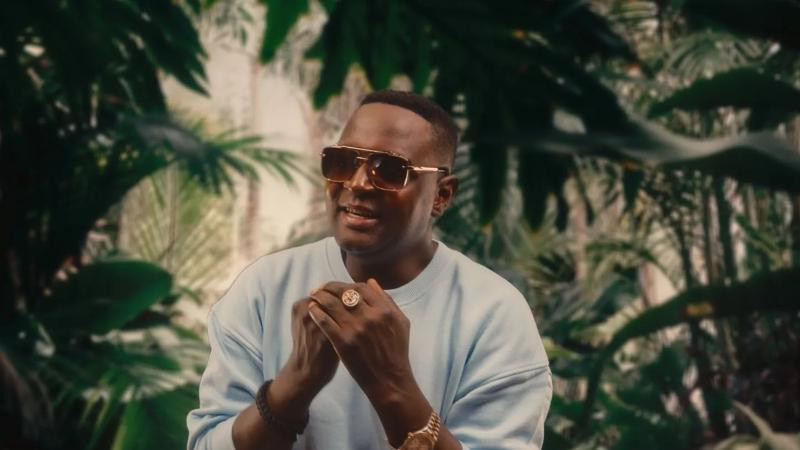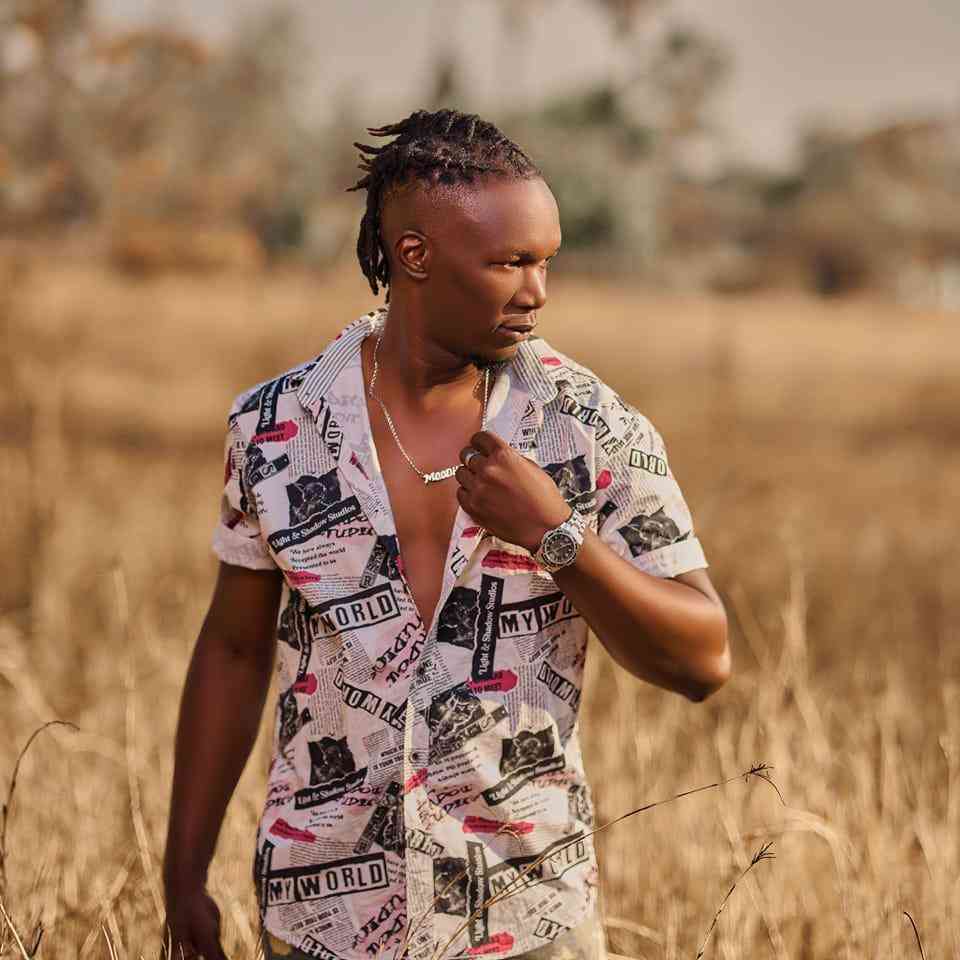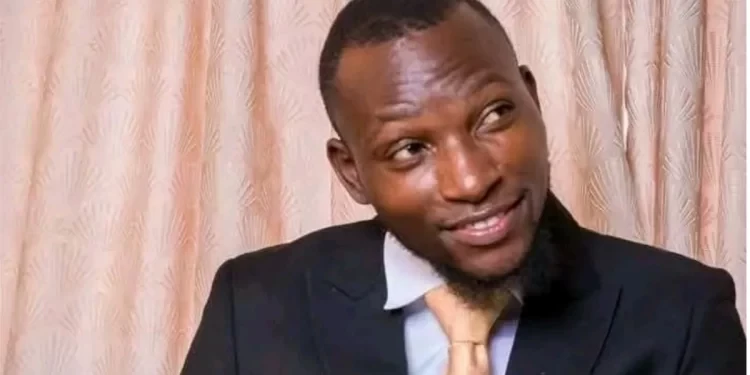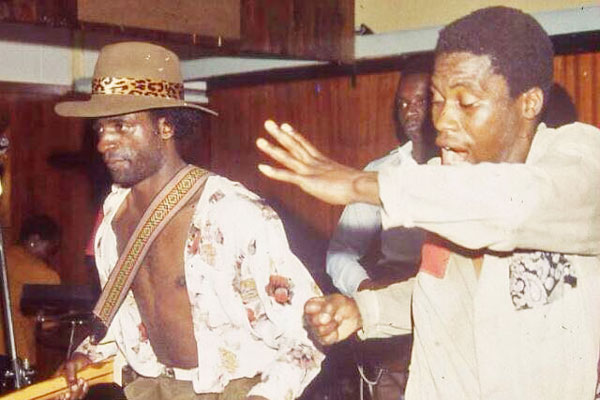
Following the success of the Bhundu Boys in Europe during the late 1980s, Jeffery John Chavunduka aka JJ — a Bulawayo-based music promoter who had been instrumental in promoting South African acts such as Yvonne Chaka Chaka, Brenda Fassie, Chicco and Chimora and The Soul Brothers in Zimbabwe — suddenly developed the idea of promoting John Chibadura overseas but was not sure how to execute it. “Fred, I believe John is bigger than the Bhundu Boys. Let’s take him to Europe and we will show them that there are bigger things in Zimbabwe. I want you to assist me in arranging shows in Europe”, he said. I agreed.
in the groove with Fred Zindi

The next day, we went to 29 Chisvo Road in Chitungwiza where we found John with some builders in the middle of extending his house. We pulled him aside and discussed our plan. He agreed on condition we gave him an advance of Z$3 000 so that the building continued in his absence and his family was also looked after.
I did the donkey work of organising the visas and work permits for the United Kingdom and Walla, aka Walton Dangarembizi, a friend in London also thought that Chibadura aka Mr Chitungwiza, would kill it and he assisted in organising shows. That was the beginning of a six-week European tour.
On April 4 1989, The Tembo Brothers with Charles on bass, Bata Sintirawo on rhythm guitar, Ronnie on drums, Douglas and Innocent Makoni on backing vocals and Chibadura on the lead guitar and vocals, held their first concert at the Africa Centre in London’s Convent Gardens . It was a full house. Andy Kershaw of BBC Radio 1 who had recently come from Zimbabwe where he attended Biggie Tembo’s wedding was among the audience. He was impressed with Chibadura. He asked if we would be willing to appear on his show the following Monday. Jazzie B of Soul to Soul who was also a television presenter on Channel 4’s music programme, Big World Café, was also present. He also asked us to appear on his television show where Tina Turner was also being featured. We agreed. We went to Channel 4 Studios the next Monday and met Tina Turner as she was in the dressing room next to ours. Chibadura, who had never heard of Tina Turner before asked me who she was. I tried to sing to him two of her hit songs, Proud Mary and Private Dancer but he was completely lost. “Does she have a lot of money?” he asked me. I said, “Yes”. “She can’t have more money than Mulauzi”, he said (Apparently Mulauzi was a car dealer in Zimbabwe and he used to repair Chibadura’s fleet of cars) “Why is her dressing room bigger and filled with lots of fruit and drinks yet we have more people in my band?” I told him that this is how international superstars are treated. “I am also a superstar”, said Chibadura. “Yes but here, we are only a supporting act. This is why Tina Turner is being paid 100 000 pounds and we are only getting 900,” I explained. We were then asked to play three songs $5000 Kuroora, Sara Ugarike and Chisingaperi.
In the same week, we went to BBC studios where Andy Kershaw requested the band to do four songs. John Peel, who had received a copy of The Essential, Chibadura’s album from CSA Records was also anxious to book Chibadura on his BBC Radio 1 show. He asked me, “Why is it that many of John Chibadura’s song titles end with ‘angu’? For instance, Dhiya Wangu, Mukadzi Wangu, Hupenyu Hwangu and Zuva Rekufa Kwangu? “ I was not sure but I explained to him that most of his compositions were centred around John’s personal life experiences and that they came with achingly poignant lyrics.
On the Friday, we were at Band On The Wall in Manchester, a show which Walla had arranged. Chibadura received an overwhelming response from the 500 plus people who were at the venue. This show generated more gigs as there was a promoter called Hans from the Netherlands in the audience. He asked J.J if the band was free to go to Holland to perform during their Liberation Day Festival on May 5 1989. We agreed. We arrived in Holland on May 2 and the promoter also arranged two more gigs before the big event. The firstt one was in Utrecht and the second one in Rotterdam where Chibadura was well-received. Then came the big one. May 5 was Liberation Day, the equivalent of Independence Day in Zimbabwe. The stadium in Amsterdam was thronged by approximately 20 000 revellers. The emotionally-charged Tembo Brothers gave an exhilarating, explosive and visually stimulating two live-concert hours on stage after which the people were calling out for more.
CSA had given us 100 albums to sell at the festival. Big mistake. They were all sold out within 10 minutes at the festival. Hundreds of people had queued up to buy the LP, but we ran out of the product. Another gig was hurriedly arranged on the outskirts of Amsterdam at a club known as the Melkweg (Dutch name for Milky Way)
- Chamisa under fire over US$120K donation
- Mavhunga puts DeMbare into Chibuku quarterfinals
- Pension funds bet on Cabora Bassa oilfields
- Councils defy govt fire tender directive
Keep Reading
Before the gig, we decided to explore the streets of Amsterdam. We went to Amsterdam’s Red Light District where we saw naked black and white prostitutes displaying themselves through shop windows in the afternoon. Chibadura exclaimed, “Aaaah, I bet that one is from Zimbabwe!” He took his camera, which he had just bought two hours before and started to take pictures. Suddenly this big burly black man tapped Chibadura on the shoulder and said: “Give me that camera!” Chibadura gave him and he threw it in the canal. Then he remarked, “Don’t you know you are not allowed to take pictures here?” None of us dared to challenge him.
We walked back towards our hotel room and due to the fact that cars in Amsterdam drive on the right instead of the left, Chibadura looked the wrong way and was hit by a bicycle, but he was not seriously injured. Charles and Innocent started laughing and gave him the nick-name “Murungu Bhasikoro”. We all started to call him that. The show at Melkweg went down a bomb as the boys gave yet another splendid performance.
The next day we were back in England where we were met with the news that John’s father had passed on. We flew him to Harare while the band remained idle in the UK. for two weeks waiting for Chibadura to come back. On his return, they performed at three more gigs in Bristol, Oxford and Leicester. That ended our experiences on the road with John Nyamukokoko Chibadura.
Although it is now 18 years since he died, his two songs Rairai Vana Venyu (Rudo Runokosha) and Chisingaperi still ring loudly in my head. May his soul rest in peace.
Feedback: f_zindi@hotmail.com

